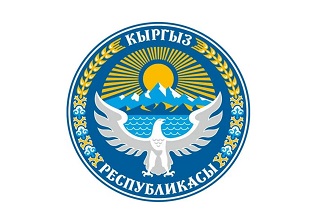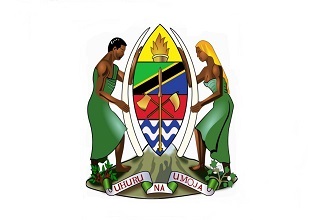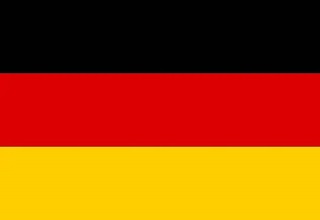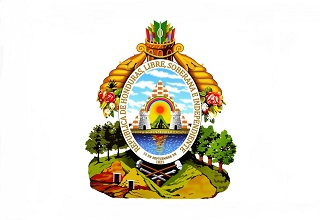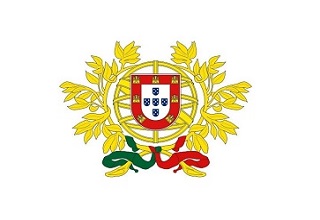Protocol of phytosanitary requirements for the export of peeled sunflower seeds from Bulgaria to China
In order to ensure the safe entry of peeled sunflower seeds from Bulgaria to China, to prevent the introduction of pests and to protect plant health, based on the relevant principles of the“Agreement on the Application of Sanitary and Phytosanitary Measures” (SPS Agreement) of the World Trade Organization (WTO), the Ministry of Agriculture, Food and Forestry of the Republic of Bulgaria (hereinafter referred to as“the MAFF") and General Administration of Customs of the People's Republic of China (hereinafter referred to as“the GACC”), through friendly consultation, have reached the following consensus with regard to the phytosanitary requirements for the export of peeled sunflower seeds from Bulgaria to China:
Article 1
The competent authorities for the implementation of this Protocol are:
From the Bulgarian Side - Bulgarian Food Safety Agency of the Ministry of Agriculture,Food and Forestry of the Republic of Bulgaria( hereinafter referred to as“the BFSA").
From the Chinese Side - Import and Export Food Safety Bureau of General Administration of Customs of the People's Republic of China;
In case of a change of the competent authorities, the Parties shall immediately inform each other.
Article 2
The sunflower seeds defined in this protocol refers to the seeds of sunflowers (Helianthus annuus L.) originated from Bulgaria, not including the sunflower seeds originated from other countries Or regions.
Article 3
The Bulgarian peeled sunflower seeds exported to China shall comply with not only the Bulgarian phytosanitary laws and regulations, but also the Chinese phytosanitary laws and regulations.
Article 4
During the sunflower growing season and sunflower kernel storage period, the BFSA shall survey and detect the quarantine pests (see attachment) concerned by the Chinese side in fields, processing plants and storage houses. The survey and detection results shall be reported to the GACC upon request. The BFSA shall notify to the GACC promptly in the case of discovery of a new pest (including the stored-grain insects) on sunflowers in Bulgaria.
Article 5
The peeled sunflower seeds exported from Bulgaria to China shall be strictly sorted and filtered to ensure it is free from insect, mite, mollusk, soil, weed seed, and other plant debris.
Article 6
The produce and process facilities shall ensure their product meet the quarantine requirements of this protocol, and shall be recommended by the BFSA and registered by GACC.
Article 7
BFSA shall quarantine peeled sunflower seeds exported from Bulgaria to China according to the requirements in this protocol, to ensure it is free of the quarantine pests of China's concern as listed in the attachment. BFSA shall issued an official phytosanitary certificate to each shipment of peeled sunflower seeds in compliance with Chinese phytosanitary requirements, and specifying the origin of peeled sunflower seeds in the phytosanitary certificate.
Each phytosanitary certificate shall include the following additional declaration:“The peeled sunflower seeds covered by this phytosanitary certificate comply with the requirements of the Protocol of Phytosanitary Requirements for the Export of Peeled Sunflower Seeds from Bulgaria to China, signed on July 6, 2018 in Sofia between China and Bulgaria".
The format and content of the Phytosanitary Certificate should be confirmed by both sides in advance.
Article 8
Once quarantine pests of China's concern listed in the attachment are found during the export inspection, BFSA shall immediately inform the GACC and suspend the export of the peeled sunflower seeds produced in relevant areas to China. The BFSA shall take effective action to meet China's requirements again. After recognized by the GACC, the exportation will be recovered.
Article 9
The peeled sunflower seeds exported from Bulgaria to China shall be packed in clean, hygienic, ventilated, and new packing materials complying with Chinese phytosanitary requirements. In each package, there shall be information clearly shown in Chinese, the statement “本产品输往中华人民共和国(This consignment is exported to the People's Republic of China)", the product name of the peeled sunflower seeds and the names and addresses of the processing plant and exporter.
Article 10
The peeled sunflower seeds exported from Bulgaria to China shall undergo fumigation treatment to ensure freedom from live insects and mites before being exported, and shall be accompanied by a fumigation certificate. The treatment agents and methods of fumigation should be identified by the BFSA and the GACC. Before loading, the transportation conveyances shall be thoroughly inspected and cleaned to prevent pests from contaminating the peeled sunflower seeds exported from Bulgaria to China.
Article 11
When the Bulgarian peeled sunflower seeds reach entry ports of China, China Customs shall conduct quarantine and inspection.
Article 12
Based on information provided by BFSA and the status of pest interception by the GACC, GACC may re-conduct pest risk analysis, if necessary.
Article 13
In accordance with related standards of IPPC, GACC shall inform the BFSA of the quarantine problems and the phytosanitary measures taken in the peeled sunflower seeds exported from Bulgaria to China.
Article 14
The GACC shall send inspector(s) to conduct a pest survey, processing epidemics surveys and pre-inspections for the first year of trade. Once: quarantine pests are intercepted, such survey may be re-conducted. The Bulgarian side shall bear all the official expenses for the survey(including international transportation, meal and accommodation fees). BFSA has the responsibility to invite China's inspector(s) and to assist arranging the working schedule.
Article 15
The sunflower seeds exported from Bulgaria to China shall comply with the phytosanitary requirements of China and relevant national food safety standards of China in terms of quality, biotoxin, contaminant and pesticide residue.
Article 16
Any divergence regarding to the interpretation or implementation of this protocol shall be settled amicably through consultation between both sides.
Article 17
Both sides agree that this agreement shall not violate or impact the laws and regulations of each country.
Article 18
This protocol will come into effect form the date of signature, and it will be valid for three years. If neither side requests amendments or termination at least six months prior to the expiry date, the protocol will be automatically renewed for three further years. If either side wishes to revise the protocol, it can be modified after mutual agreement has been reached.
This protocol is signed on July 6, 2018 in Sofia with duplicates in Bulgarian, Chinese and English, all copies are equally authentic. In the case of any interpretation, the English text shall prevail.
Attachment
List of the Quarantine Pests Concerned by China
Prunus necrotic ringspot virus
Tomato black ring virus
Tomato spotted wilt virus
Tobacco ringspot virus
Diaporthe helianthi
Verticillium dahliae
Trogoderma granarium
Ptinus tectus
